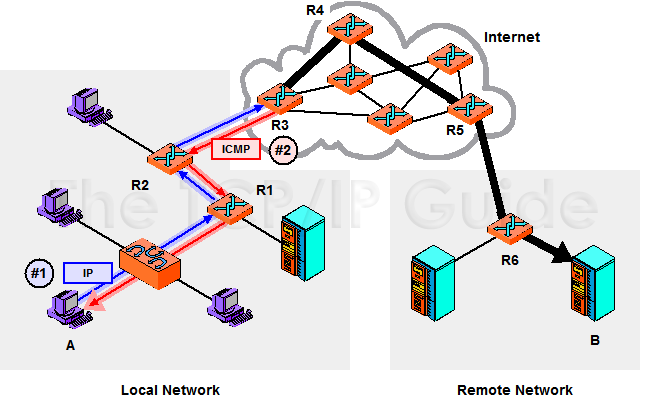 |
|
Please Whitelist This Site?
I know everyone hates ads. But please understand that I am providing premium content for free that takes hundreds of hours of time to research and write. I don't want to go to a pay-only model like some sites, but when more and more people block ads, I end up working for free. And I have a family to support, just like you. :)
If you like The TCP/IP Guide, please consider the download version. It's priced very economically and you can read all of it in a convenient format without ads.
If you want to use this site for free, I'd be grateful if you could add the site to the whitelist for Adblock. To do so, just open the Adblock menu and select "Disable on tcpipguide.com". Or go to the Tools menu and select "Adblock Plus Preferences...". Then click "Add Filter..." at the bottom, and add this string: "@@||tcpipguide.com^$document". Then just click OK.
Thanks for your understanding!
Sincerely, Charles Kozierok
Author and Publisher, The TCP/IP Guide
|
|
|

Custom Search
|
|
ICMP General Operation
(Page 1 of 2)
ICMP is one of the simplest protocols in the TCP/IP protocol suite. Most protocols implement a particular type of functionality to either facilitate basic operation of a part of the network stack, or an application. To this end they include many specific algorithms and tasks that define the protocol, which is where most of the complexity lies. ICMP, in contrast, is exactly what its name suggests: a protocol that defines control messages. As such, pretty much all of what ICMP is about is providing a mechanism for any IP device to send control messages to another device.
Various message types are defined in ICMP that allow different types of information to be exchanged. These are usually either generated for the purpose of reporting errors, or for exchanging important information of different sorts that is needed to keep IP operating smoothly. ICMP itself doesn't define how all the different ICMP messages are used; this is done by the protocols that use the messages. In this manner, ICMP describes a simple message-passing service to other protocols.
|
As mentioned in the preceding overview topic, ICMP is considered an integral part of IP, even though it uses IP to sends its messages. Typically, the operation of ICMP involves some portion of the TCP/IP protocol software on a machine detecting a condition that causes it to generate an ICMP message. This is often the IP layer itself, though it may be some other part of the software. The message is then encapsulated and transmitted like any other TCP/IP message, and is given no special treatment compared to other IP datagrams. The message is sent over the internetwork to the IP layer at the receiving device, as shown in Figure 137.
|
Again, since many of the ICMP messages are actually intended to convey information to a device's IP software, the IP layer itself may be the “ultimate destination” of an ICMP message once a recipient gets it. In other cases, the ultimate destination may be some other part of the TCP/IP protocol software, which is determined by the type of message received. ICMP does not use ports like UDP or TCP to direct its messages to different applications on a host; the software recognizes the message type and directs it accordingly within the software.
ICMP was originally designed with the idea that most messages would be sent by routers, but they can be sent by both routers and by regular hosts as well, depending on the message type. Some are obviously only sent by routers, such as Redirect messages, while others may be sent by either routers or hosts. Many of the ICMP messages are used in matched pairs, especially various kinds of Request and Reply messages, and Advertisement and Solicitation messages.
|
| |||||||||||||||||||
Home - Table Of Contents - Contact Us
The TCP/IP Guide (http://www.TCPIPGuide.com)
Version 3.0 - Version Date: September 20, 2005
© Copyright 2001-2005 Charles M. Kozierok. All Rights Reserved.
Not responsible for any loss resulting from the use of this site.







 Key Concept: ICMP is not like most other TCP/IP protocols in that it does not perform a specific task. It defines a mechanism by which various control messages can be transmitted and received to implement a variety of functions.
Key Concept: ICMP is not like most other TCP/IP protocols in that it does not perform a specific task. It defines a mechanism by which various control messages can be transmitted and received to implement a variety of functions.